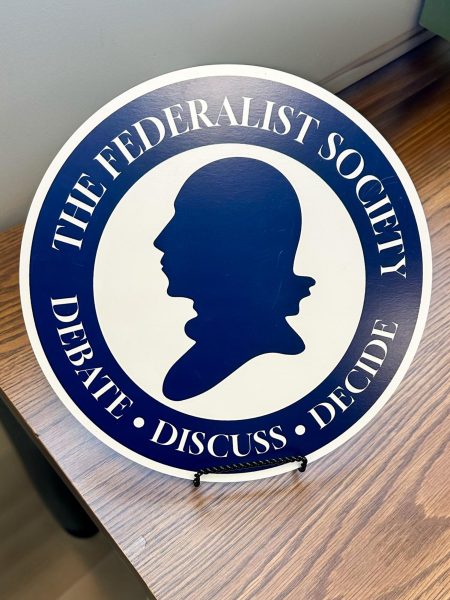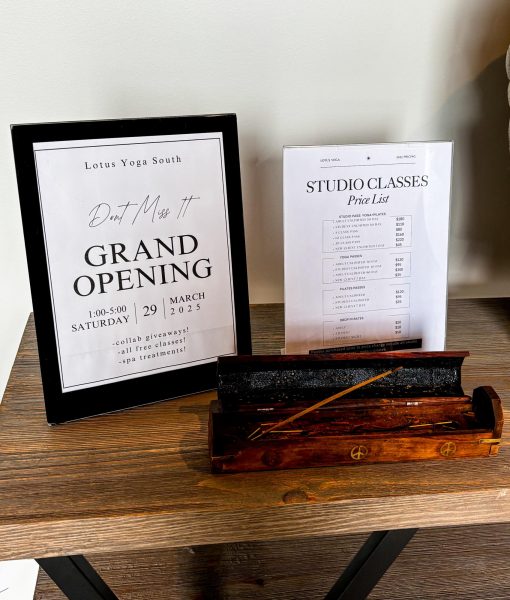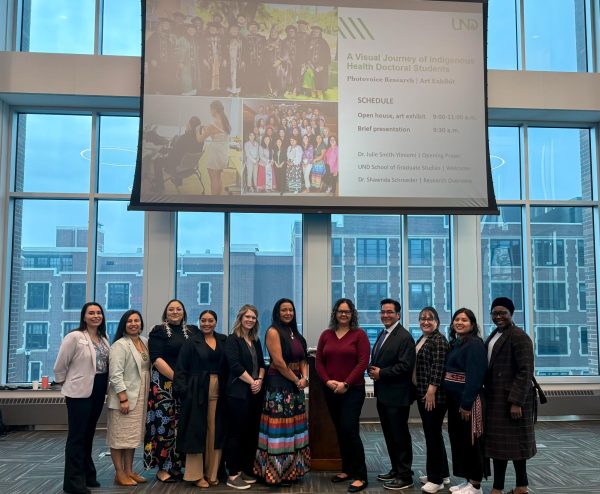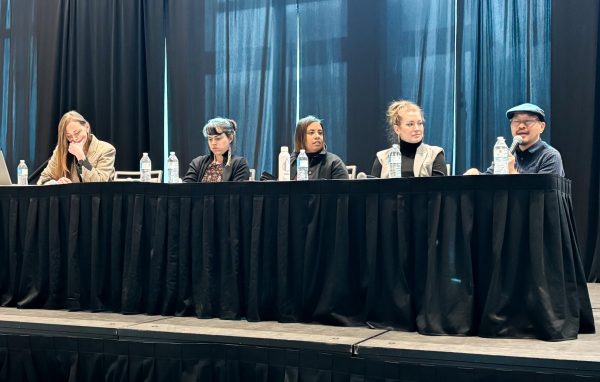Blood drive raises awareness
Gay men campaign against requirements they consider to be discriminatory.
People affected by diseases such as sickle cell anemia depend on blood transfusions to survive, and donating blood is a popular way for people to help save lives.
However, not everyone is eligible to donate. Requirements for donating blood include being at least 16 years old, weighing at least 110 pounds, not having any illnesses or symptoms of allergies during donation and not having been pregnant in the last six months, according to the Dak-Minn Blood Bank’s website.
Another requirement is not having participated in any behavior that could possibly put one at a high risk for HIV, such as being a gay man who has had sex with other men.
“It would depend on how they answered the history questions in the questionnaire, but if they appear to be high-risk (for HIV), no they wouldn’t get to donate,” Dak-Minn Blood Bank technologist Tony Koppy said.
All donors at Dak-Minn and other blood banks throughout the country are required to fill out a questionnaire about their health and medical history before donating, to determine their eligibility.
A male donor who claims to have had sex with at least one other man since 1977 — the beginning of the AIDS epidemic in the U.S., is permanently banned from donating.
This is due to a federal law prohibiting “high-risk” men from ever donating blood. The U.S. Food and Drug Administration says on itswww website that HIV is 60 times more prevalent in gay men compared to the rest of the U.S. population. This law has been around since 1983.
Women formerly infected with HIV and straight men who have had sex through prostitution are given a one-year waiting period.
“This law is very marginalizing to a large group of people,” Sen. Kyle Thorson said. “Blood donations are critically important and there is a whole group of people unable to donate.”
Thorson, along with UND’s Health & Wellness Hub and UND’s Ten Percent Society — an organization for LGBT students and their allies — are working on a campaign to raise awareness about how this law affects gay men and blood donation.
Similar campaigns have already been done in other states such as California and Iowa, since many gay men don’t know about the FDA’s law until they try to donate.
Thorson’s campaign is planned in conjunction with World AIDS Day on Dec. 1. LGBT students will be encouraged to get tested for HIV and then sign up to donate blood right afterward, if they tested negatively.
HIV testing can be done for free at UND’s Student Health Center located south of the Memorial Union. According to its website, the center now offers rapid testing, which involves a quick finger prick. Results are processed within 15 minutes.
“Yes, as long they test negatively, they should be good (to donate),” Koppy said.
Thorson says the law is outdated because of the significantly increased accuracy of modern HIV-testing technology, compared to what was available in 1983. All blood donated in the U.S. is tested for HIV, and the FDA says on its website that approximately one in every two million units donated is HIV positive.
Because of this, blood-donation organizations such as the Red Cross and the American Association of Blood Banks are calling for the ban to be shortened to one year after the last time the male donor had sex with another man. The U.S. Department of Health and Human Services tried to overturn the ban in 2010, but the FDA decided against it.
Jaye Millspaugh is the Multimedia Editor for The Dakota Student. She can be reached at jaye.millspaugh.2@my.und.edu.






